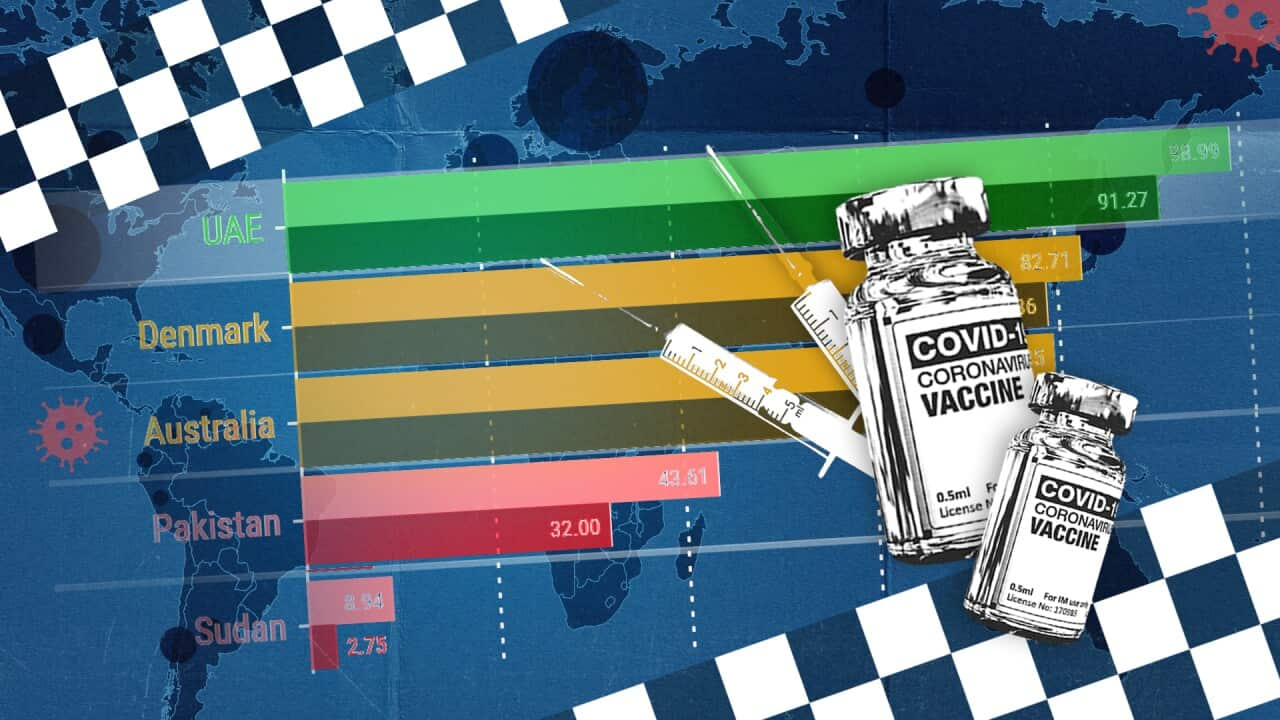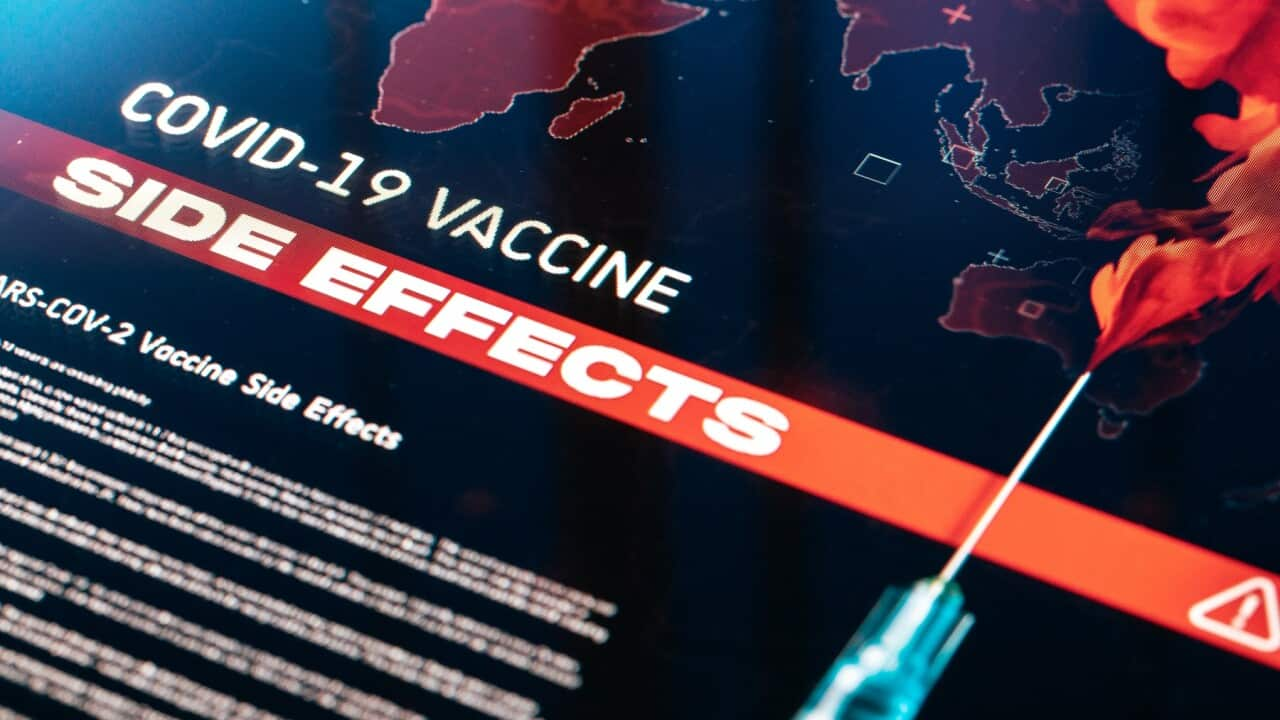An analysis of 17 million people vaccinated in the European Union and the United Kingdom found no evidence of an increased risk in blood clot conditions, an AstraZeneca spokesperson said on Sunday.
“A careful review of all available safety data of more than 17 million people vaccinated in the European Union and UK with COVID-19 Vaccine AstraZeneca has shown no evidence of an increased risk of pulmonary embolism, deep vein thrombosis or thrombocytopenia, in any defined age group, gender, batch or in any particular country,” the company said.
"In fact, the reported numbers of these types of events for COVID-19 Vaccine AstraZeneca are lower than the number that would have occurred naturally in the unvaccinated population.”
It comes as authorities in Ireland, Denmark, Norway and Iceland suspended the use of the vaccine over clotting issues, while Austria stopped using a batch of AstraZeneca shots last week while investigating a death from coagulation disorders.
The World Health Organization has said no causal link had been established between the vaccine and blood clotting.
The manufacturer and Europe's medicines watchdog have also insisted that the vaccine is safe.
AstraZeneca said 15 events of deep vein thrombosis and 22 events of pulmonary embolism have been reported so far, which is similar across other licensed COVID-19 vaccines.
AstraZeneca's shot is among the cheapest available and forms a bulk of deliveries to poorer nations under the WHO-backed Covax initiative, which aims to ensure the equitable global distribution of vaccines.
Mass vaccinations are considered critical to ending the pandemic, which has claimed more than 2.6 million lives globally.
Shortfall in deliveries
A spokesman for Ireland's health ministry said that "the administration of COVID-19 Vaccine AstraZeneca is temporarily deferred from this morning, Sunday 14th March".
The move came after Ireland's National Immunisation Advisory Committee recommended suspending the rollout as a precaution after "a report from the Norwegian Medicines Agency of four new reports of serious blood clotting events in adults after vaccination".
"It has not been concluded that there is any link" between the AstraZeneca vaccine and the blood clot cases and action has been taken "pending receipt of further information", Ireland's deputy chief medical officer Ronan Glynn said in a statement.
Some 570,000 doses of coronavirus vaccines have been administered in Ireland to date, according to government data last updated Wednesday. A total of 109,000 of those have been manufactured by AstraZeneca.
The Republic is currently in the midst of its third lockdown after suffering a surge of cases that saw it become the world's most infectious nation in early January.
Norwegian officials said on Saturday that the country had "received several adverse event reports about younger vaccinated people with bleeding under the skin" after getting the shot.
It also said it had received "three more reports of severe cases of blood clots or brain haemorrhages in younger people who have received the AstraZeneca vaccine".
AstraZeneca's image took another knock on Saturday as it announced a shortfall in shipments to the European Union.
The announcement was another blow for EU leaders, who have already faced criticism for the stumbling start to the jab drive on the hard-hit continent.
France's government said on Sunday it plans to evacuate around 100 COVID-19 patients from intensive care units in the Paris region this week as hospitals struggle to keep up with a surge in cases.
With the transfers, officials hope to avoid a new lockdown for the roughly 12 million people in and around the capital as they race to step up a vaccination drive that got off to a slow start.
'Vulnerable family'
In Italy, Health Minister Roberto Speranza said on Sunday the government hoped new coronavirus restrictions imposed on three-quarters of the country would allow a relaxation of measures in the second half of spring. His comments came on the eve of restrictions taking effect from Monday and running until 6 April, which would cover the crucial Easter holiday period.
His comments came on the eve of restrictions taking effect from Monday and running until 6 April, which would cover the crucial Easter holiday period.

Carabinieri patrol the streets of Rome on 14 March before the new measures against the Covid-19 pandemic come into force. Source: EPA/GIUSEPPE LAMI via AAP
In Denmark, which has been under a partial lockdown since late December, two people were arrested on the sidelines of a weekend protest against anti-coronavirus restrictions in Copenhagen.
In Africa, Tunisia and Ethiopia both launched vaccination campaigns on Saturday, but Ethiopian officials flagged an alarming rise in cases too.
The drives are crucial in reviving the global economy, which was battered by the pandemic as most travel was curbed and people forced to stay home with no nation spared the impact.
Millions were left jobless in the United States, the world's biggest economy, and those who could not work from home had to balance the risk of COVID-19 with the need to make ends meet.
For Matt Valentin, who worked at a cafe in the state of Michigan, the job became an increasingly anxiety-ridden environment last year as the pandemic worsened.
"It went from 'get these drinks and orders done as fast as possible to 'do all of that, and try not to bring a deadly virus home to your vulnerable family,'" the 21-year-old said.











